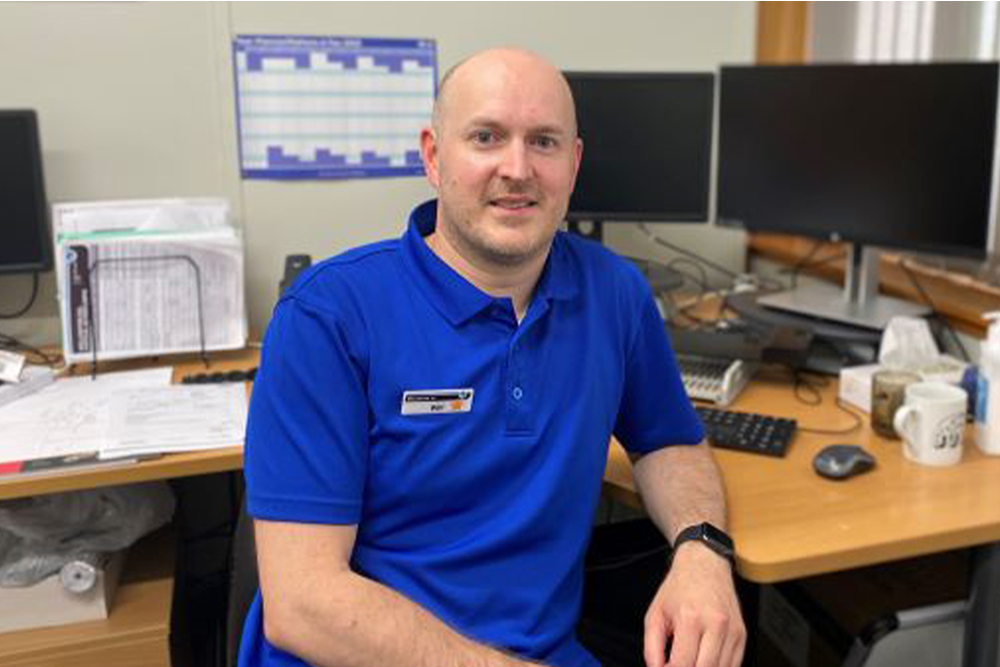Will Gaisford was visiting Wellington Hospital last year, having recently left his previous job in marketing, when he thought about training to be a nurse. He subsequently enrolled in study, and while doing pre-placement blood tests in his first year, he got talking to a Phlebotomist.
“I thought it would take years to become a Phlebotomist. But the conversation happened on a Friday and I applied to Wellington SCL and had my interview the following week. It all happened so fast.”
Will became a Phlebotomist based in Lower Hutt. He says nursing does not train you in venepuncture, so working at Awanui is not only a great job, but it also complements and supports his study and training.
“We do so much and learn so much as phlebotomists and working here has made me a better nursing student.
“For me it is learning all the different tests, and what they are for, and working with people is such a big thing. You create rapport, especially if someone has a weekly visit, and even if it is only a five minute window with the patient, you often still make a connection.
“People can find giving blood stressful and often they just want to talk to you before they leave. You learn so much about them in such a short space of time. I really enjoy meeting different people, creating moments with them, including those I see regularly. Having compassion is huge.”
Will has started doing home visits, and now into his second year of nursing, he wants to continue as a Phlebotomist in some capacity when he is at university.
“Being able to take blood will be a great skill to have when I am on the wards, because everyone is different, and anatomy is different. You can get some anxiety each day about whether you will get a vein on the first go and I certainly do not want my skills to get rusty. Also, I am not scared of needles or blood which helps.”
And Will’s advice to anyone who wants to be a Phlebotomist?
“You need to learn about each test, what they are for, and also the acronyms. Even Phlebotomy has so many acronyms.
“This job is a foundation for most roles in the health sector. But I think is it important to remember it is not just about taking blood, but also about people, and how to make them feel comfortable and build trust.
“I would say to anyone studying to join the medical professions to also encourage your classmates to train as a Phlebotomist. Take the opportunity, learn some amazing skills, and a great pathway to working in health.”
